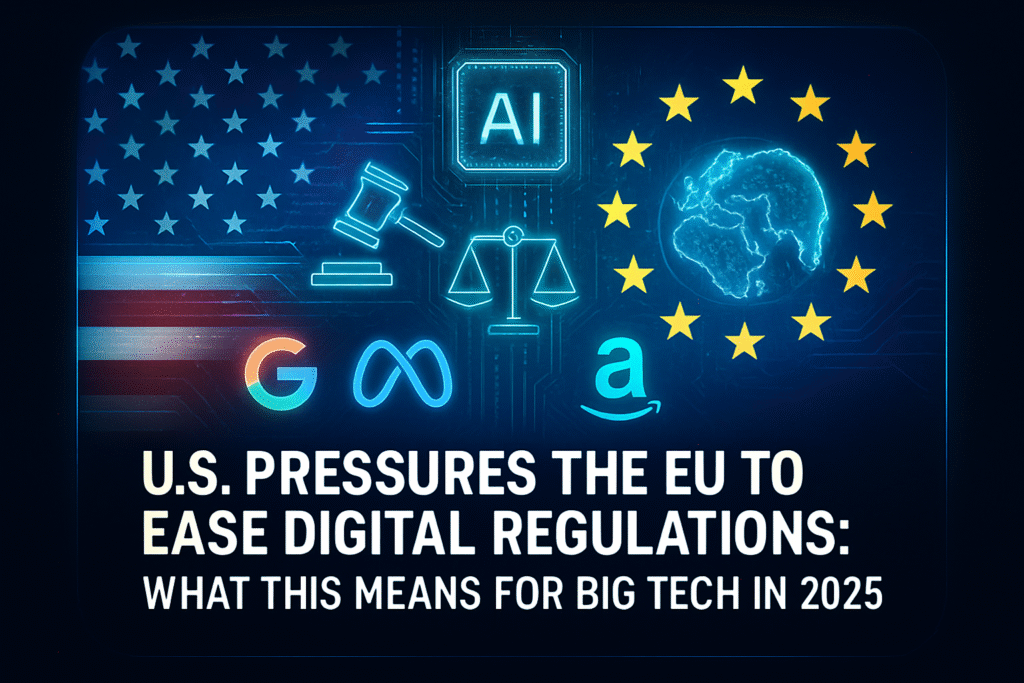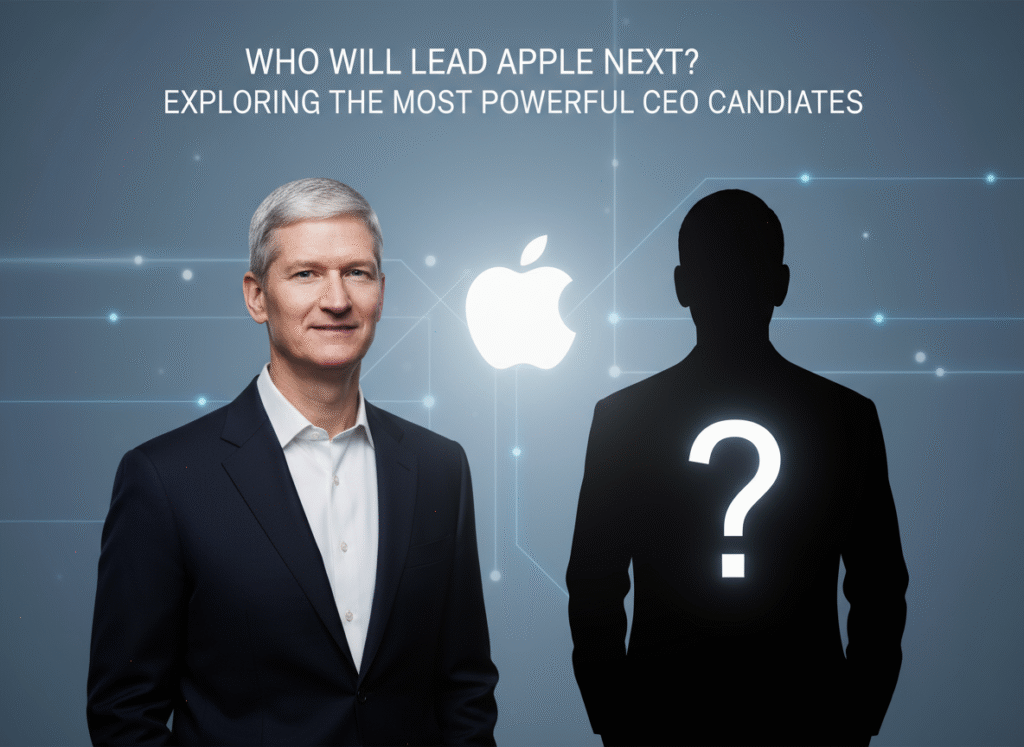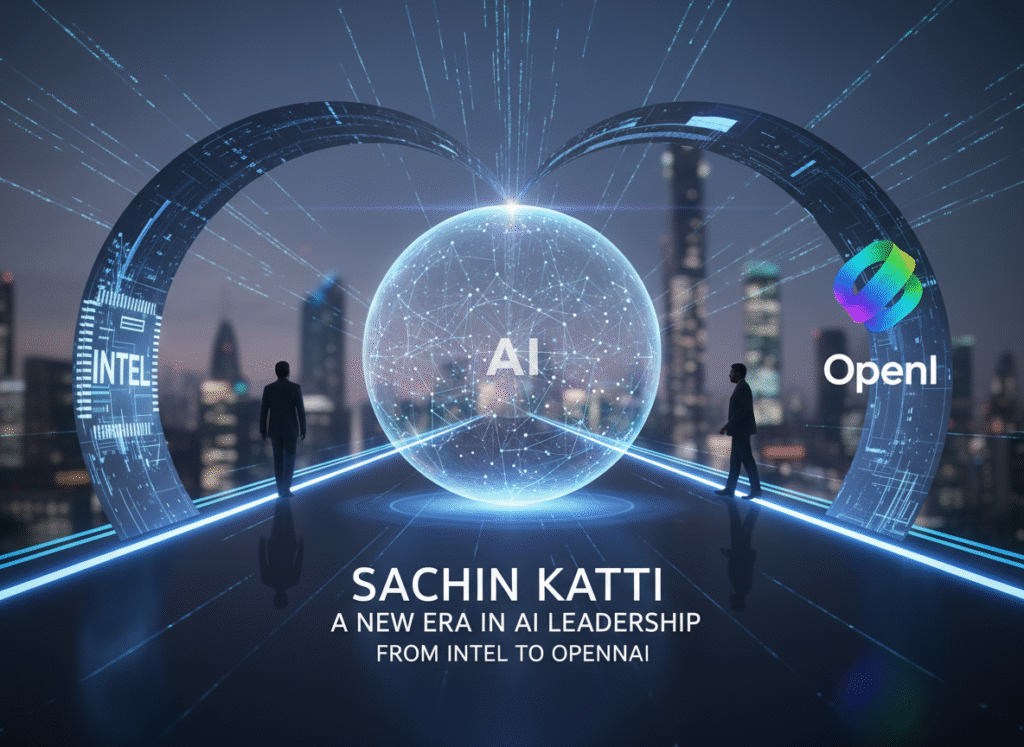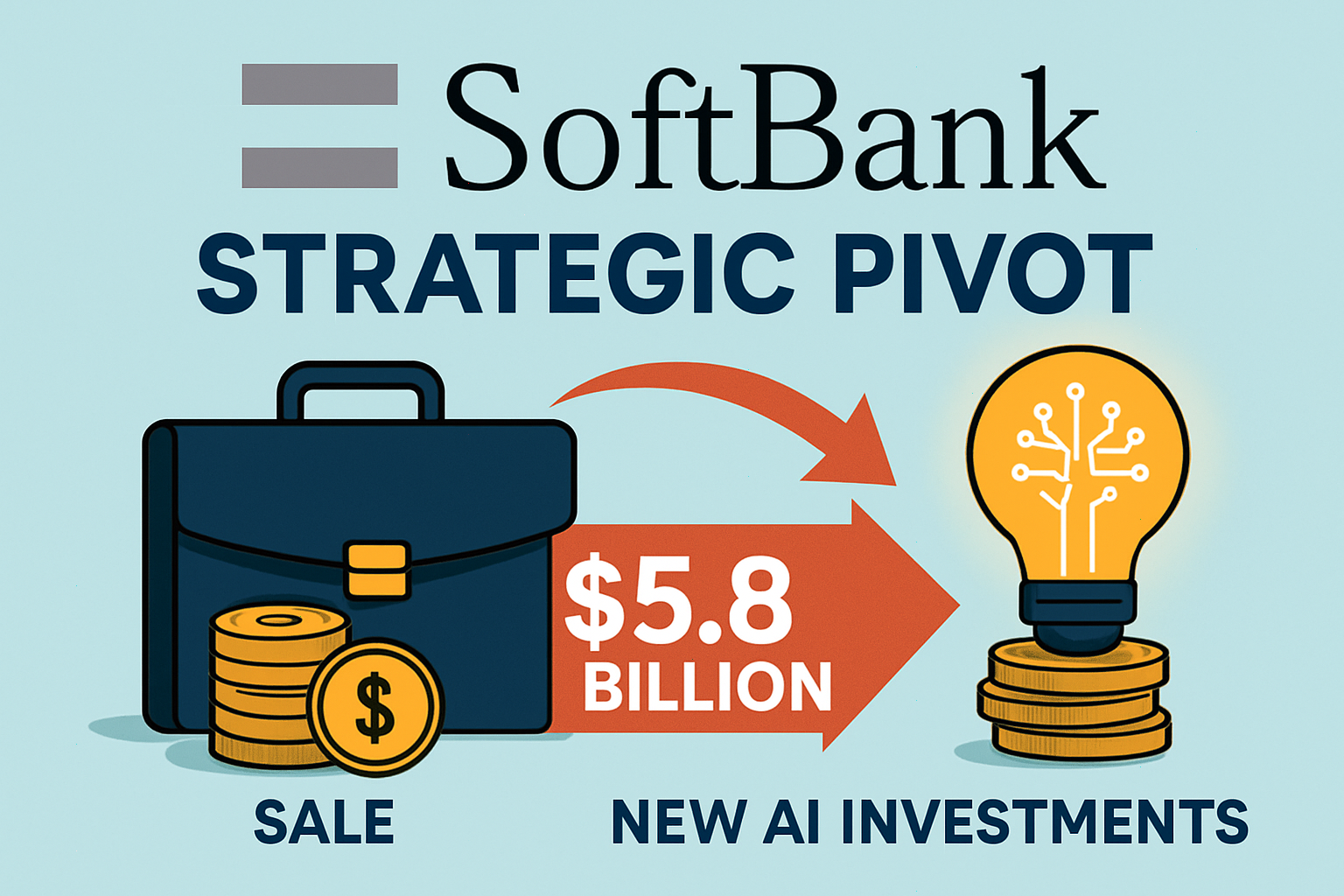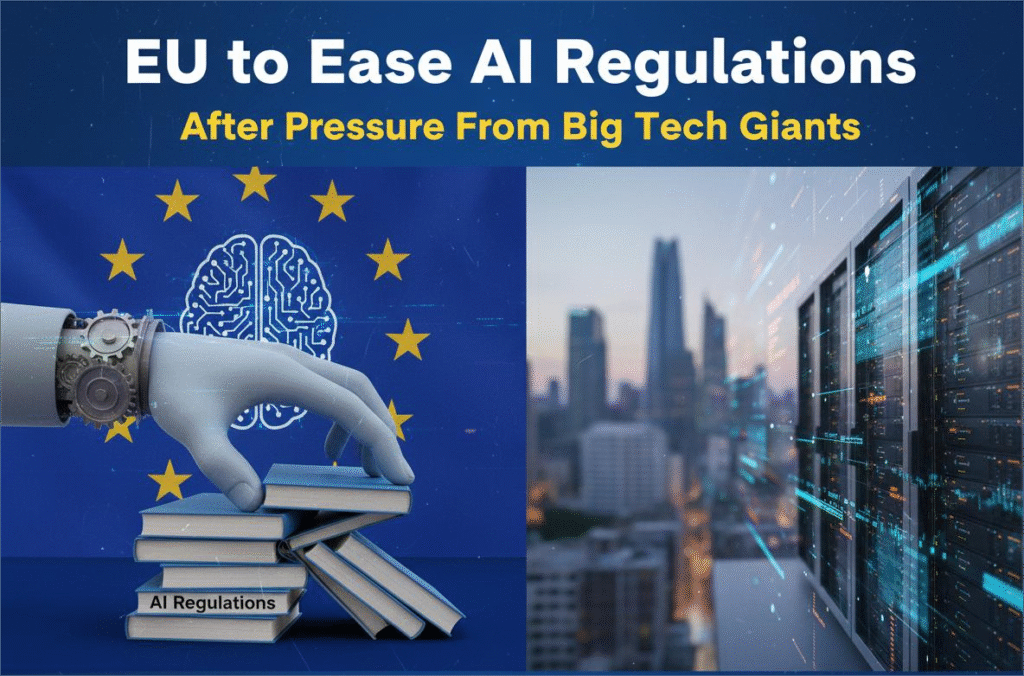
Artificial Intelligence (AI) has rapidly transformed industries across the globe, reshaping how societies work, communicate, and innovate. From healthcare and finance to education and security, AI technologies are now deeply embedded in daily life. However, the unprecedented growth of AI has also raised serious concerns about privacy, bias, accountability, and global security.
In response to these challenges, the United Nations (UN) has recently proposed a framework for global regulation of artificial intelligence. This initiative represents one of the most ambitious attempts yet to ensure that AI development aligns with international values, human rights, and collective progress.
In this article, we will explore why the UN is pushing for global AI regulation, what this proposal entails, and how it could shape the future of technology and governance.
Why Global AI Regulation Matters
AI is not bound by borders. A breakthrough in one country can quickly influence economies, societies, and political systems worldwide. Yet, the rules governing AI remain fragmented, with individual nations developing their own approaches. For example:
- The European Union (EU) is advancing its AI Act, a comprehensive set of laws to regulate AI use across member states.
- The United States has adopted a sector-specific and innovation-friendly approach, encouraging companies to self-regulate under existing legal frameworks.
- China emphasizes state-driven AI development, with rules designed to balance innovation with government oversight and control.
These differences create a global regulatory patchwork that risks inconsistencies, conflicts, and loopholes. Without coordination, companies might exploit weaker jurisdictions, and citizens could face unequal levels of protection depending on where they live.
The UN’s involvement is a recognition that AI, like climate change or nuclear technology, is a global issue requiring international cooperation.
The UN’s Proposal for AI Regulation
The UN’s proposal calls for the creation of an international AI governance framework based on ethical, legal, and human-rights-driven principles. While the framework is still in development, some of the key priorities include:
- Establishing Global Standards
AI systems should meet universally accepted requirements for safety, transparency, and accountability. - Human Rights Protection
Ensuring AI technologies respect human dignity, prevent discrimination, and avoid reinforcing harmful biases. - Transparency and Explainability
Companies and developers should make AI systems understandable and auditable, especially in high-risk applications. - Data Privacy and Security
Strong safeguards must be established to protect personal data used to train and operate AI systems. - Ethical Use in Sensitive Fields
AI in areas such as healthcare, justice, education, and military should follow strict international guidelines. - Global AI Watchdog
The proposal includes the idea of creating a global oversight body, similar to the International Atomic Energy Agency (IAEA), but focused on AI monitoring and enforcement.
Benefits of a Global AI Regulatory Framework
If implemented effectively, UN-backed AI regulation could provide multiple benefits for societies worldwide:
- Fair Competition: A level playing field for businesses, reducing risks of regulatory arbitrage.
- Trust in AI: Global standards would increase public confidence in AI applications.
- Ethical Development: Preventing misuse of AI for mass surveillance, disinformation, or autonomous weapons.
- International Cooperation: Strengthening dialogue and collaboration among governments, tech companies, and civil society.
- Human-Centered Innovation: Aligning technological growth with the Sustainable Development Goals (SDGs).
Challenges Facing Global AI Regulation
While the vision of global AI regulation is promising, achieving it will not be easy. Some of the main challenges include:
- Geopolitical Rivalries
The US, EU, and China have different priorities and competing interests in the AI race. Aligning their strategies will be politically complex. - Technological Complexity
AI evolves rapidly, making it difficult for regulators to create frameworks that remain relevant over time. - Enforcement Issues
Unlike national laws, international agreements require strong consensus and compliance mechanisms, which are often slow and limited. - Balancing Innovation and Regulation
Overregulation could stifle innovation, while underregulation could lead to harmful consequences. Striking the right balance is essential. - Inclusivity
Developing nations must be included in the conversation to avoid a system dominated by wealthy countries.
What This Means for Businesses and Developers
If the UN framework becomes reality, businesses and developers worldwide will need to adapt. Key implications may include:
- Compliance Costs: Companies may face stricter audits and reporting requirements.
- Increased Responsibility: Developers will need to prioritize fairness, bias mitigation, and explainability in AI systems.
- Opportunities for Trust-Based Brands: Companies that proactively align with ethical AI principles may gain competitive advantages.
- Cross-Border Collaboration: Firms may have more opportunities to collaborate internationally under harmonized rules.
The Road Ahead
The UN’s proposal marks an important milestone in the global conversation about the governance of emerging technologies. While it is still early, the discussions set the stage for a new era where AI is not only an engine of innovation but also a domain of shared responsibility.
The process will likely take years, involving negotiations, stakeholder consultations, and pilot frameworks. However, if successful, global AI regulation could prevent misuse, promote trust, and help ensure that AI serves humanity as a whole.
Conclusion
Artificial Intelligence is reshaping the world at unprecedented speed. Without proper oversight, however, its risks could undermine social justice, privacy, and global stability. The UN’s proposal for global AI regulation is a recognition that AI governance must transcend borders, much like the technology itself.
While challenges remain, the opportunity to build a fair, transparent, and ethical global AI framework is too important to ignore. This initiative may well define how humanity navigates one of the most transformative technologies of the 21st century.
